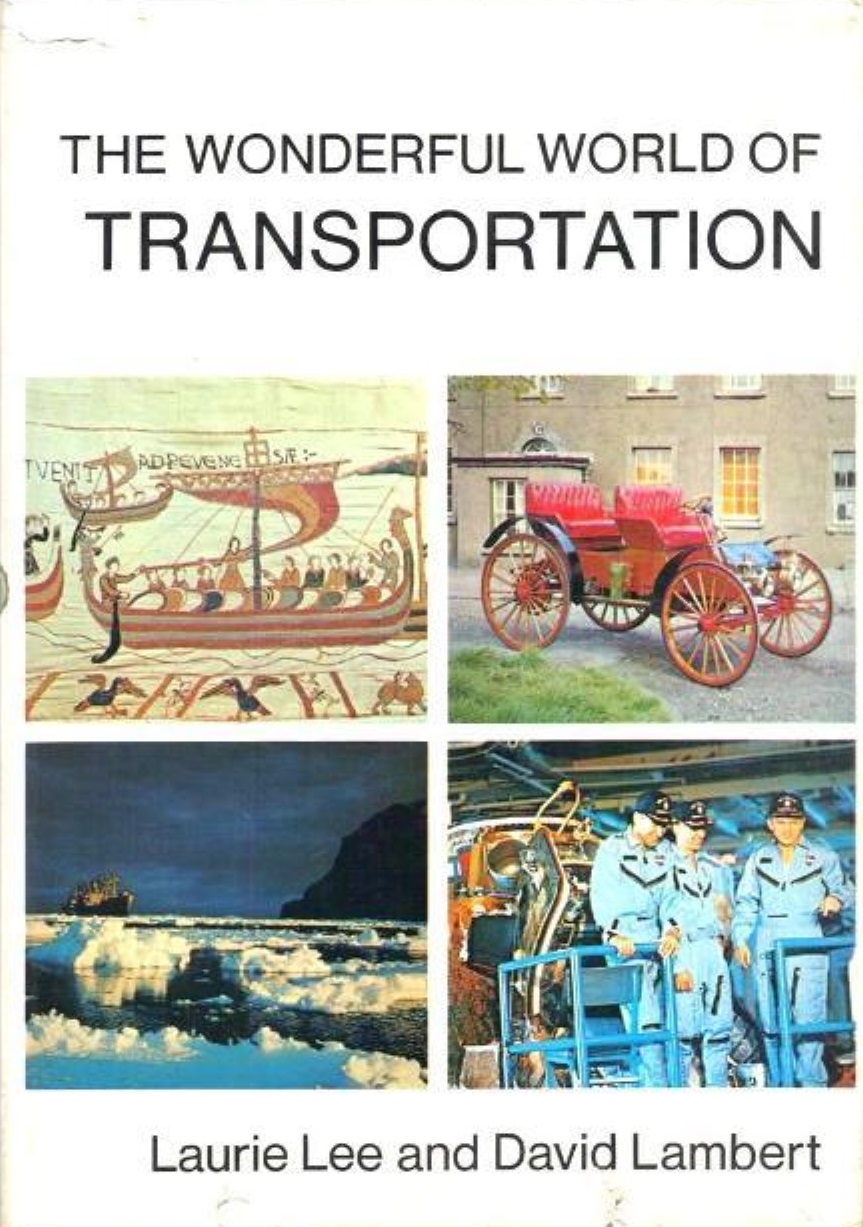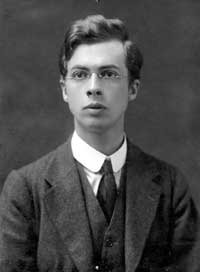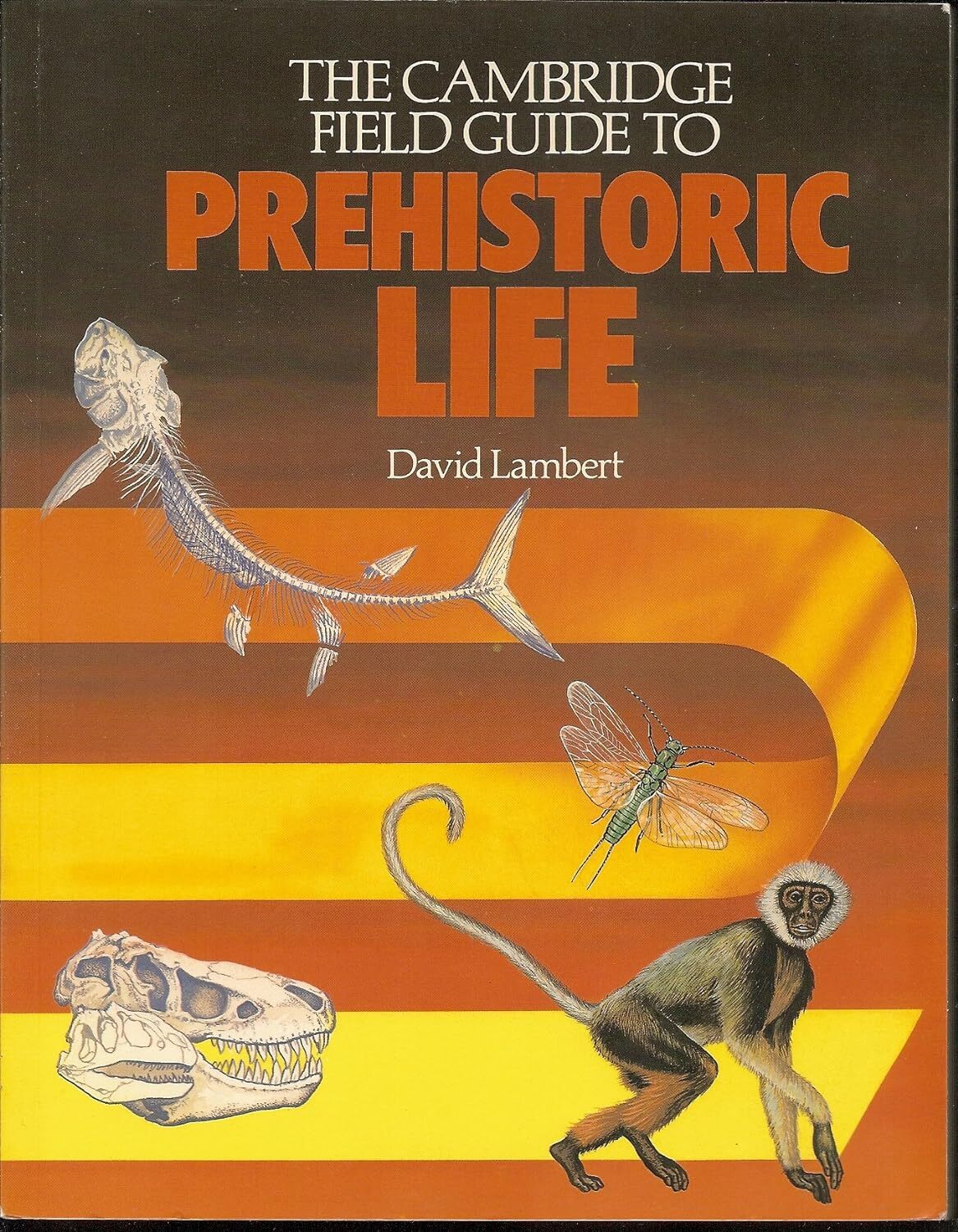


Books in series
The Wonderful World of Archaeology
1956
The Wonderful World of Energy
1968
The Wonderful World of Music
1958

The Wonderful World of the Theatre
1959
The wonderful world of dance
1960

The Wonderful World of Transportation
1960
The Wonderful World Of Prehistoric Animals
1969
The Wonderful World of Engineering
1969
The Wonderful World; The adventure of the earth we live on
1954

The Wonderful World of the Sea
1954

The Wonderful World of the Air
1958
The Wonderful World of Life
1959
Authors

In 1887, Julian Huxley, the brother of novelist Aldous Huxley and the grandson of agnostic biologist Thomas Henry Huxley, was born in Great Britain. Educated as a biologist at Oxford, he taught at Rice Institute, Houston (1912-1916), Oxford (1919-25) and Kings College (1925-1935). An ant specialist (he wrote a book called Ants in 1930), Huxley became Secretary of the Zoological Society of London (1935-1942), and UNESCO's first general director (1946-1948). A strong secular humanist, Huxley called himself "not merely agnostic . . . I disbelieve in a personal God in any sense in which that phrase is ordinarily used. . . I disbelieve in the existence of Heaven or Hell in any conventional Christian sense." (Religion Without Revelation, 1927, revised 1956.) Huxley was an early evolutionary theorist, with versatile academic interests. Some of his many other books include: Essays of a Biologist (1923), Animal Biology (with J.B.S. Haldane, 1927), The Science of Life (with H.G. Wells, 1931), Thomas Huxley's Diary of the Voyage of the HMS Rattlesnake (editor, 1935), The Living Thoughts of Darwin (1939), Heredity, East & West (1949), Biological Aspects of Cancer (1957), Towards a New Humanism (1957), and Memories, a two-volume autobiography in the early 1970s. Huxley was knighted in 1958 and was also a founder of the World Wildlife Fund. Huxley was well known for his presentation of science in books and articles, and on radio and television. He directed an Oscar-winning wildlife film. He was awarded UNESCO's Kalinga Prize for the popularisation of science in 1953, the Darwin Medal of the Royal Society in 1956, and the Darwin–Wallace Medal of the Linnaean Society in 1958. He was also knighted in that same year, 1958, a hundred years after Charles Darwin and Alfred Russel Wallace announced the theory of evolution by natural selection. In 1959 he received a Special Award of the Lasker Foundation in the category Planned Parenthood – World Population. Huxley came from the distinguished Huxley family. His brother was the writer Aldous Huxley, and his half-brother a fellow biologist and Nobel laureate, Andrew Huxley; his father was writer and editor Leonard Huxley; and his paternal grandfather was Thomas Henry Huxley, a friend and supporter of Charles Darwin and proponent of evolution. His maternal grandfather was the academic Tom Arnold, his great-uncle was poet Matthew Arnold and his great-grandfather was Thomas Arnold of Rugby School. More: http://philosopedia.org/index.php/Jul... http://en.wikipedia.org/wiki/Julian\_H...

John Boynton Priestley, the son of a schoolmaster, was born in Bradford in September 1894, and after schooling he worked for a time in the local wool trade. Following the outbreak of the Great War in 1914, Priestley joined the British Army, and was sent to France—in 1915 taking part in the Battle of Loos. After being wounded in 1917 Priestley returned to England for six months; then, after going back to the Western Front he suffered the consequences of a German gas attack, and, treated at Rouen, he was declared unfit for active service and was transferred to the Entertainers Section of the British Army. When Priestley left the army he studied at Cambridge University, where he completed a degree in Modern History and Political Science. Subsequently he found work as theatre reviewer with the Daily News, and also contributed to the Spectator, the Challenge and Nineteenth Century. His earliest books included The English Comic Characters (1925), The English Novel (1927), and English Humour (1928). His breakthrough came with the immensely popular novel The Good Companions, published in 1929, and Angel Pavement followed in 1930. He emerged, too, as a successful dramatist with such plays as Dangerous Corner (1932), Time and the Conways (1937), When We Are Married (1938) and An Inspector Calls (1947). The publication of English Journey in 1934 emphasised Priestley's concern for social problems and the welfare of ordinary people. During the Second World War Priestley became a popular and influential broadcaster with his famous Postscripts that followed the nine o'clock news BBC Radio on Sunday evenings. Starting on 5th June 1940, Priestley built up such a following that after a few months it was estimated that around 40 per cent of the adult population in Britain was listening to the programme. Some members of the Conservative Party, including Winston Churchill, expressed concern that Priestley might be expressing left-wing views on the programme, and, to his dismay, Priestley was dropped after his talk on 20th October 1940. After the war Priestley continued his writing, and his work invariably provoked thought, and his views were always expressed in his blunt Yorkshire style. His prolific output continued right up to his final years, and to the end he remained the great literary all-rounder. His favourite among his books was for many years the novel Bright Day, though he later said he had come to prefer The Image Men. It should not be overlooked that Priestley was an outstanding essayist, and many of his short pieces best capture his passions and his great talent and his mastery of the English language. He set a fine example for any would-be author.
There are several authors with this name. Thriller author: David Jackson (DS Nathan Cody and Callum Doyle series, 2 space profile)

Librarian Note: There is more than one author in the Goodreads database with this name. Please see: David Lambert David Lambert is an editor with the prize-winning Diagram Group, which specializes in the creation of illustrated reference books of all kinds. For more than 50 years he has written about everything from dinosaurs and ancient civilizations to dogs and outer space. His name might not always be on the cover, but it is usually inside the book.

Edward Benjamin Britten, Baron Britten, Order of Merit, Order of the Companions of Honour, was an English composer, conductor, and pianist. Britten's interests as a composer were wide-ranging; he produced important music in such varied genres as orchestral, choral, solo vocal, chamber and instrumental, as well as film music. He also took a great interest in writing music for children and amateur performers, and was a fine pianist and conductor.